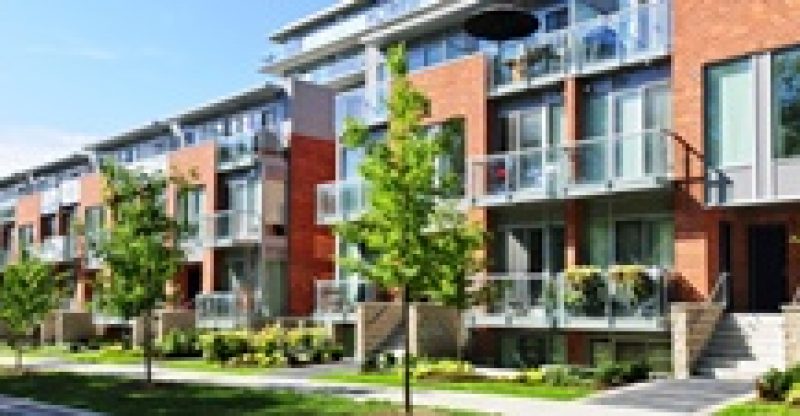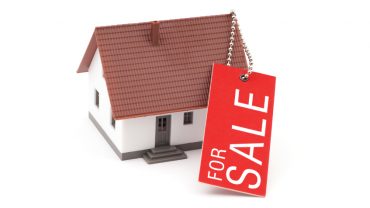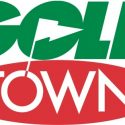Home Values In Montreal Increase By 5.9 Per Cent
According to the latest assessment roll released. Montreal’s hot real estate market seems to have cooled. The average home has an increased value by just 5.9 per cent in the last three years. In the city of Montreal, excluding the suburbs, the average increase was 6.2 per cent, according to the recent assessments.
In the city of Montreal, the average single-family home was valued at $455,500. That value was $510,100 island-wide, according to the new roll.
Every property has its own assessed value on which the tax bills are charged, so while the average increase in the city was 6.2 per cent, any properties that saw their value increase more than that amount will likely see a hike in their taxes in 2017, while properties whose values didn’t increase as much will see tax breaks.
Pierre Desrochers, the city’s executive committee chairperson, welcomed the figures, saying they show the real estate market has stabilized.
He said, “It means there is no real estate bubble that will have an impact on people’s ability to (afford) property.”
He also stated that the lower increase is not a sign that the economy has soured, since the city’s unemployment rate has been continually decreasing and other economic indicators are also good.
However, opposition Projet Montréal said the new roll was bad news because the bulk of the increases are in the centre of the city.
Guillaume Lavoie, the party’s finance critic said, “There is a systemic problem because the closer you live to the centre of the city, the more you end up paying.”
“This results in the residents of the centre subsidizing urban sprawl.”
While people’s wealth increases when their property values go up, Lavoie pointed out they only see that money when they sell their properties. He worries that people on fixed incomes who are renting could see steep rent increases as owners pass on their property tax hikes. He also worries that people in the centre of the city will no longer be able to afford to pay their taxes.
Projet Montréal is also calling on the city to reassess how it taxes its commercial sector, saying the value of a property is often unrelated to the amount of revenue a business earns from that property. The city should follow the lead of Quebec City, which imposed a so-called Robin Hood tax, the party said. Such a tax allows the city to charge more to large businesses that take in the lion’s share of revenue, and give a tax break to small businesses.
The party is also calling on the city to allow taxes to be paid in monthly instalments, rather than semi-annually, and to give merchants a break on their taxes when their streets are under construction.
Based on home transactions, the city re-evaluates the assessment roll every three years. Values in the new roll reflect a snapshot of the housing market from July 1, 2015. More than 26,000 real estate transactions were analyzed to come up with the figures.
Municipalities use assessment rolls to charge property taxes, based on a percentage of the property’s value. It’s a revenue-neutral exercise, because the city decreases the property tax rate by the same percentage as the average value increase if there is no tax increase.
The boroughs with the highest increases were Rosemont–La Petite-Patrie, Villeray–St-Michel–Parc-Extension and Sud-Ouest. The boroughs with the smallest increases were Île-Bizard–Ste-Geneviève, Anjou and St-Léonard.
The suburbs on the island with the highest increases were Westmount, Town of Mount Royal and Pointe-Claire, while the suburbs with thelowest increaseswere Senneville, Baie-d’Urfé and Hampstead.
Individual property owners can check their values on the city’s website.





